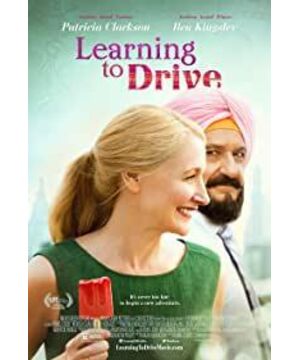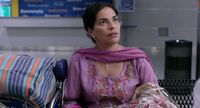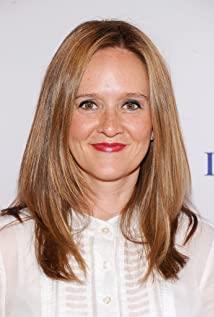The heroine's husband has a young mistress, and the two break up. The hostess’s daughter lives in the suburbs, and the hostess does not know how to drive. In order to see her daughter and to welcome her new life, she is seeking a divorce lawsuit at the same time as the hostess who teaches driving as a teacher. The male protagonist was originally a university professor in India. Because of some injustice, he fled to the United States. In order to maintain his religious beliefs, he chose the profession of a taxi driver. While teaching the female protagonist to drive, his mother chose a family relationship for him in India. He is about to welcome the bride's arrival, and he has only seen photos of the bride. The story of the two people went on separately in this way, sometimes intersecting and sometimes parting.
I also don’t drive. I got my driver’s license for many years but I’ve never liked driving. I panic when I think about going on the road. My husband drives are exactly the same as the heroine, but after reading it, I want to learn how to go on the road again. Husband drives are an unreliable thing. . .
As a non-white living in the United States, I have basically experienced all the discrimination in the film. I was ignored by black shop assistants. A white driver may be fine when driving on the road. It is difficult for us to find faults. Imagine that in a country like the United States that advertises equality, I always experience the inherent superiority of white people. Even for the heroine, her sympathy for the heroine and her anger at discrimination in the film are not due to her being a white superiority?
I am especially envious of the booming middle-aged and elderly films in the American film market. I came here to watch a lot of "5 lights up", "i'll see u in my dreams" and "a walk in the wood". . . The key is that the middle-aged and elderly movies here are as good-looking as those of young people. The protagonists live the same lives as young people in the film. They are each beautifully looking for more meaning in their lives, and they are more calm than young people. And calm. I remember that the last domestic film for the elderly I saw in China was "Flying over the Home for the Elderly". You can guess the plot just by listening to the title. Wouldn't it be too sad? Of course, this is closer to the reality of the elderly in China, but what I hope is that when I am old, there will be more movies to encourage me to enjoy the rest of my life.
View more about Learning to Drive reviews











